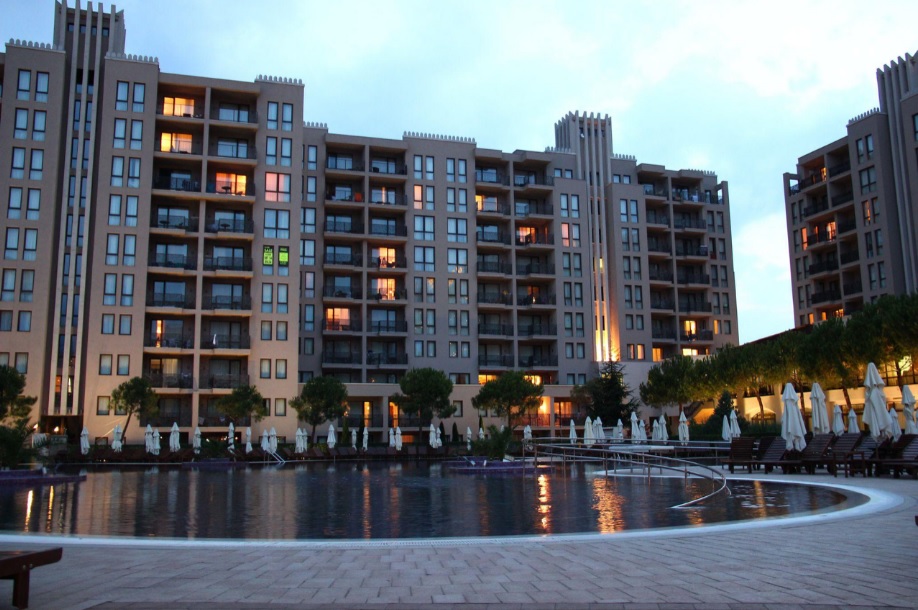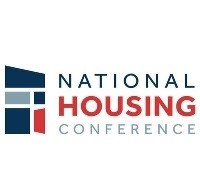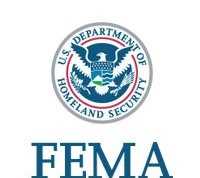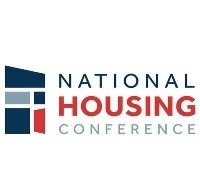
A like-kind exchange, also known as a 1031 exchange, is a transaction in which an investor can defer capital gains taxes on the sale of a property by reinvesting the proceeds into a similar property. However, to qualify for a like-kind exchange under the Internal Revenue Code (IRC) Section 1031, specific requirements must be met. Here are the key requirements for a successful like-kind exchange:
- Property Type Requirement:
The properties involved in the exchange must be of “like-kind.” However, the term “like-kind” does not refer to the property’s physical characteristics but rather to its nature, character, or class. Generally, real property is considered like-kind to other real property, regardless of differences in location or improvements. For example, you can exchange a residential rental property for a commercial property or vacant land.
- Intention to Hold for Investment or Business Use:
Both the property being sold and the replacement property being bought must be held for investment or business use. Properties acquired for personal use, such as a primary residence, do not qualify for a like-kind exchange.
- Qualified Intermediary (QI) Involvement:
To maintain the tax-deferred status of the exchange, a Qualified Intermediary (QI) must facilitate the transaction. The QI acts as an intermediary, holding the proceeds from the sale of the relinquished property and then using those funds to purchase the replacement property. This ensures that the investor does not have constructive receipt of the funds, a requirement for the exchange to be valid.
- Timing Requirements:
There are specific timelines that must be followed in a 1031 exchange:
Identification Period: The investor has to identify potential property replacements within 45 days of selling the original property. The identification must be made in writing and delivered to the QI.
Exchange Period: The exchange is required to be completed within 180 days from the sale of the original property. This includes both the identification period and the exchange period.
- The Three-Property Rule and 200% Rule:
There are rules that govern the number of replacement properties an investor can identify. These rules are:
Three-Property Rule: The investor can identify up to three potential replacement properties, regardless of their value.
200% Rule: The investor can identify more than three potential replacement properties, as long as their total fair market value does not exceed 200% of the value of the relinquished property.
- Reinvestment of All Proceeds:
The investor must reinvest all capital gains from the sale of the original property into the replacement to be eligible for a full deferment of capital gains tax. Any property or cash received that is not reinvested will be subject to capital gains tax.
- Same Taxpayer Rule:
The same taxpayer who sells the property also has to be the taxpayer who acquires the replacement property. This means that the legal entity or individual that sold the original property must be the one acquiring the new property.
- Real Property Exclusivity:
The exchange applies exclusively to real property, which includes land, buildings, and certain improvements. Personal property, such as vehicles, artwork, and equipment, is not eligible for a like-kind exchange.
- No Constructive Receipt of Funds:
The investor cannot have “constructive receipt” of the sale proceeds. This means that the funds cannot be under the investor’s direct control before being used to acquire the replacement property. The QI ensures compliance with this rule.
It’s important to note that while the requirements are clear, 1031 exchanges can still be complex transactions. Seeking guidance from tax professionals, legal experts, and Qualified Intermediaries is highly recommended to make sure compliance with IRS regulations is upheld and to successfully execute a like-kind exchange.













